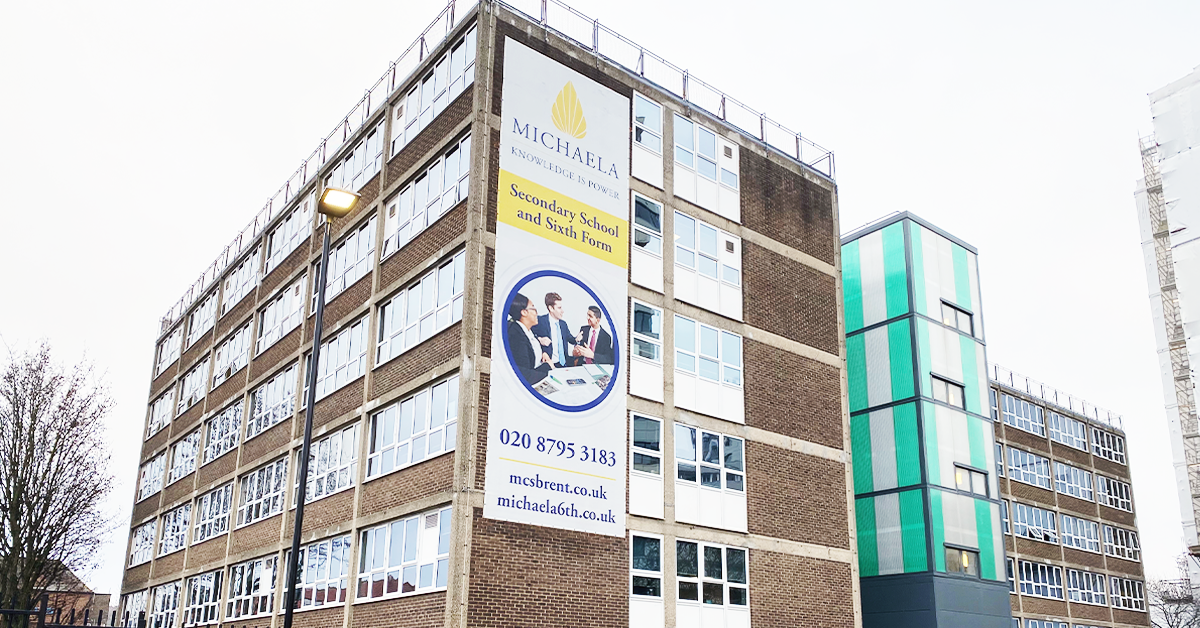
Humanists UK have called for the Government to develop national guidance for England on the question of religious practices in schools following today’s High Court ruling which ruled in favour of the so-called ‘prayer ban’ at Michaela Community School, Brent.
Michaela Community School was taken to the High Court in January by a Muslim pupil following allegations that a ban on all prayers and worship had been imposed in the school. The pupil argued that the ban was a ‘breach of her right to freedom to manifest her religious beliefs’, however this was rejected on the grounds that the pupil had…
‘chosen the School knowing of its strict regime; on the evidence she was able to move to a suitable school which would allow her to pray at lunchtime; and, in any event, she was able to perform Qada prayers in order to mitigate the fact that she was not able to pray at the allotted time.
The judge further ruled that:
‘The disadvantage to Muslim pupils at the school caused by the PRP (prayer ritual policy) was outweighed by the aims which it seeks to promote in the interests of the school community as a whole, including Muslim pupils’.
There are no existing laws to explicitly govern religious practices in schools in England apart from that (uniquely in the world) Christian worship in state schools should take place every day. This latter requirement has been condemned by the UN as in breach of the UN Convention on the Rights of the Child. The National Governance Association also called for the requirement to be abolished since 2018, as have most teaching unions. In a debate in the House of Lords in January, peers called for the abolition of collective worship in schools.
Humanists UK has long campaigned against the legal requirement, arguing that the law is inconsistent with modern society and calling for collective worship to be replaced by inclusive assemblies. In 2019 we supported Lee and Lizanne Harris to successfully challenge mandatory collective worship at their child’s school on human rights grounds.
Commenting on the High Court ruling Humanists UK Chief Executive Andrew Copson said:
‘In the absence of national guidance on religious practices in schools and of a serious national discussion about existing laws, cases like this will continue to be brought. Schools shouldn’t be left alone to deal with this. Today’s High Court judgment requires serious thinking from the government about how to protect the child’s freedom of religion or belief while also making sure our education system is fair and inclusive to all.
‘We believe a first step should be to resolve the wider issue of mandatory collective worship in schools and replace it with an inclusive form of assembly that makes all pupils feel welcomed, while making reasonable accommodations for those who want to privately pray or worship where it doesn’t infringe the rights and freedoms of others. Without such holistic attention, resentment will continue to build within our school system.’
Notes
For further comment or information, media should contact Humanists UK Director of Public Affairs and Policy Kathy Riddick at press@humanists.uk or phone 07534 248 596.
Read more about our work on Collective Worship and religion and worldviews education.
Read Andrew Copson’s comment on the need for reform to Collective Worship.
Humanists UK is the national charity working on behalf of non-religious people. Powered by over 120,000 members and supporters, we advance free thinking and promote humanism to create a tolerant society where rational thinking and kindness prevail. We provide ceremonies, pastoral care, education, and support services benefitting over a million people every year and our campaigns advance humanist thinking on ethical issues, human rights, and equal treatment for all.
